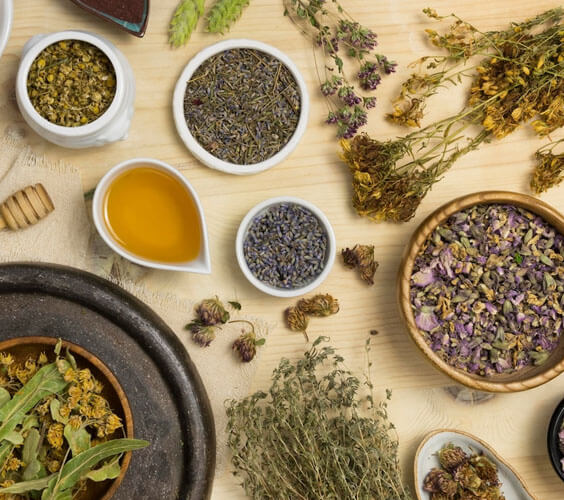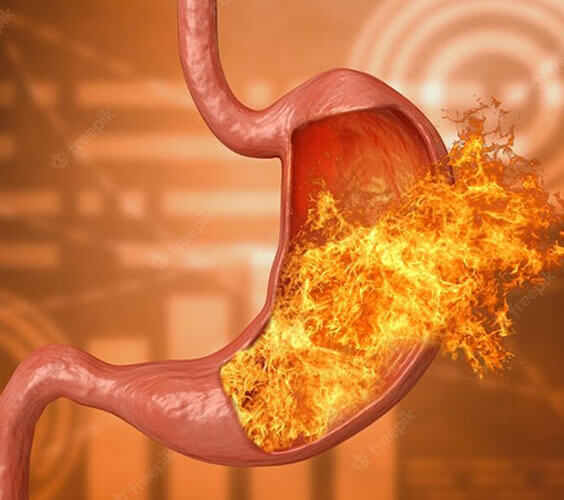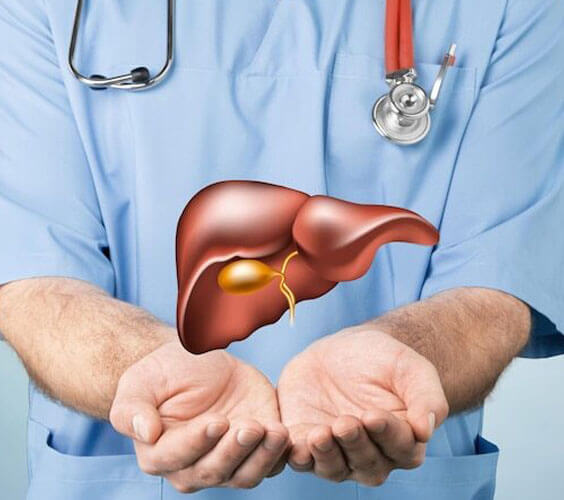Frozen Shoulder is characterized by a persistent ache in the shoulder joint. Pain caused by frozen shoulder is intolerable. Most often, it is seen in people between 40 to 70 years of age and for women in their postmenopausal period. It is very painful and frustrating to carry out simple activities like bathing, dressing or lying down due to frozen shoulder. No matter how severe the issue might seem to be, one should not lose hope. As Nature’s power is limitless, through proper treatment it is possible to get rid of the pain and enjoy the rhythm of life again.
"I was not able to move my shoulder after a muscle cramp. I experienced same condition 2-3 years back and consulted an Allopathic doctor. It was difficult to do any kind of activity because of the pain. But when I undertook treatment from Dr. K. M. Saifullah, my condition has improved by 90%."
"Both my knees and shoulder were paining a lot. Then I visited Naturoveda and after taking medicines and therapy, now I'm feeling much more relieved."
"I was suffering from shoulder and neck pain for the last 6 years. I am very satisfied with the treatment of Naturoveda."
"1 year of shoulder pain has improved under Naturoveda’s treatment. I would like to request them to provide some facilities at home also."
"Previously I was suffering from knee and shoulder pain. But, after getting treatment at Naturoveda, my problem has been resolved."
What is Frozen Shoulder?
Frozen Shoulder, also known as Adhesive Capsulitis, is a condition in which stiffness and pain occur in the shoulder joint. The capsule or the flexible tissue that surrounds the shoulder joint gets inflamed and thickened. At that time, Frozen Shoulder occurs. Signs and symptoms begin gradually and worsen over the time.
Frozen Shoulder can occur due to an injury or inflammation of the soft tissues. People with Frozen Shoulder face difficulty in movement, as bands of scar tissue form, and secretion of synovial fluid which lubricates the joints becomes low.
The first phase of the disease is the most painful which is known as freezing stage. During this stage, intense pain restricts any kind of movement in the affected shoulder. In the second phase, better known as frozen stage, the pain may begin to diminish or become tolerable, although increased stiffness severely limits the range of motion. In the third phase or thawing stage, pain and stiffness gradually disappear and get resolved over a long period of time.

Signs and Symptoms of Frozen Shoulder

Complications of Frozen Shoulder
- Loss of functional use
- Persistent pain and stiffness
- Rotator cuff injury
- Dislocated shoulder
Healthy Tips
- Increase intake of vitamin C enriched fruits which may help reduce inflammation.
- Avoid activities that involve lifting, overhead reaching or anything else that worsens the pain.
- Warm up before performing expert-recommended exercises.
- Take a warm shower for 10-15 minutes before indulging in exercises.
- Range of Motion exercises are a great way to loosen the affected shoulder.
- Apply a moist heating pad or towel 2-3 times a day.

Suffering from Frozen Shoulder can lead you to stress and agony. But becoming hopeless is not the solution. Natural Treatment for Frozen Shoulder has been proved to be highly efficacious. In this context, ‘Naturoveda Health World’ has rendered successful treatment by combining Fundamentals of Ayurveda, Potentised Unani and Therapeutic Yoga.












































